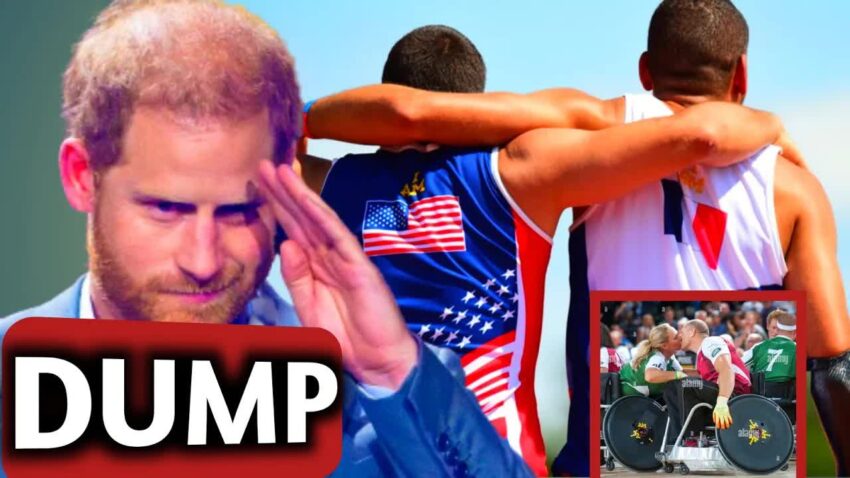The Invictus Games have long been celebrated as a noble initiative championed by Prince Harry, reflecting his unwavering commitment to veterans and injured service members.
However, recent developments have cast a shadow over this esteemed event, raising eyebrows about the charity’s financial practices and transparency.
As the public’s interest in the Games continues to grow, so too does scrutiny regarding how funds are managed.
A recent trip by Harry and Meghan to Canada, intended to promote the upcoming event, has sparked outrage due to its hefty security expenses, which are estimated to be around $34,000.
With many grappling with economic challenges, such extravagant spending on security has left citizens questioning the allocation of charitable funds.
While the Invictus Games covered approximately $8,000 of the security costs, Canadian taxpayers were left to shoulder the remaining burden, primarily due to potential disruptions from protests in Vancouver.
Documents obtained by CTV News Canada reveal that, despite the significant police presence, officers were not specifically assigned to protect the royal couple.
This has only intensified the call for greater transparency regarding the Games’ financial operations.
Despite their active involvement in various charitable initiatives, Prince Harry and Meghan are now facing mounting pressure concerning the accountability of their projects.
One major point of contention is whether Harry has followed through on his pledge to donate a portion of his book’s earnings to these causes.
The lack of clarity from Penguin Random House regarding this matter has left supporters feeling disillusioned and increasingly skeptical.
Adding to the uncertainty, the Invictus Games have recently undergone a leadership change, further complicating the financial landscape.
The new management requires significant sponsorship and funding to maintain the high standards expected of the event, leading some to question whether Harry and Meghan’s involvement has contributed to a perception of brand toxicity surrounding the Games.
The Netflix documentary, “Heart of Invictus,” aimed to highlight the positive impact of the Games but has drawn criticism for focusing more on celebrity appearances than on the athletes themselves.
This shift in emphasis has led to calls for someone with authentic sports credentials, like Mike Tindall, to take the reins and restore the event’s credibility.
Public concern over transparency is at an all-time high, especially given the substantial funding invested in the documentary.
Many are left wondering how much of this financial support actually benefits the Invictus Games and whether Netflix has contributed adequately to charitable efforts, including compensating those featured in the series.
The R12 Foundation, another entity connected to the Games, has also found itself under scrutiny.
Reports of mishandled donations and minimal weekly commitment to charitable work have raised doubts about the foundation’s effectiveness and dedication to its mission.
These revelations have only amplified the public’s demand for accountability and transparency.
As the Invictus Games prepare for their next chapter, the pressure is mounting for Prince Harry, Meghan Markle, and their associated charities to address these growing concerns.
The need for clarity and responsible financial management has never been more critical, as supporters seek assurance that their contributions are making a genuine impact.
